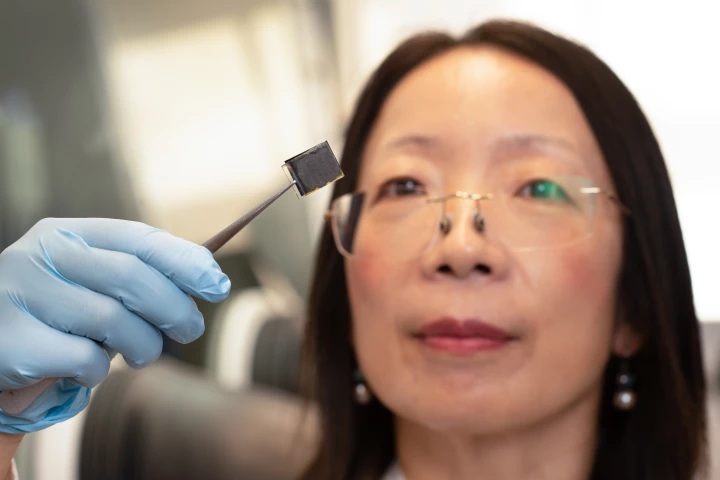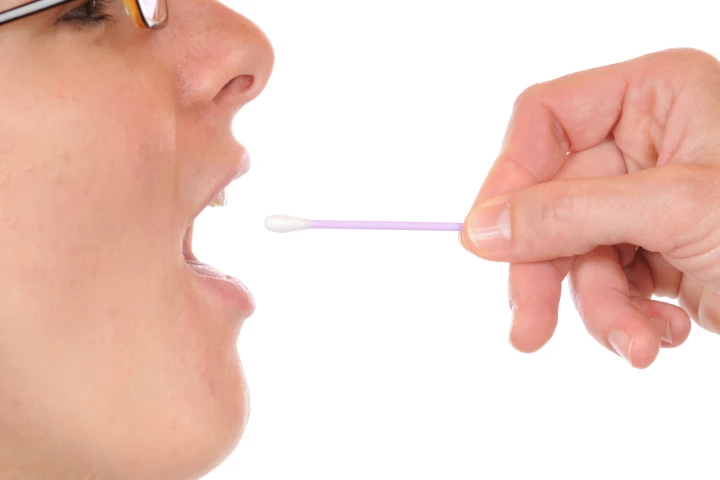Queensland University of Technology
-
In a breakthrough for diagnostics, scientists have created an effective and easy test that identifies a heart failure biomarker in saliva, opening the door to more rapid and accessible life-saving medical interventions for this disease – and others.
-
The sex life of a tiny Australian marsupial known as an antechinus is already pretty bizarre. But now its mating season has gotten even stranger – and darker – thanks to the introduction of cannibalism, as observed by field researchers.
-
Fusarium fungus once decimated the world’s dominant Gros Michel bananas, so much so that the Cavendish variety became the global go-to. Now, as a new strain threatens its survival, approval of the very first GM Cavendish could prevent "bananageddon."
-
Computers destroy humans at chess, but there's not a single one that could go into a house and feed the dog. Intel's research-grade Loihi 2 neuromorphic chips are working on it though, drawing inspiration from nature's greatest necktop supercomputer.
-
A new study has found that nose bacteria can make their way into the brain through nerves, and could lead to Alzheimer’s disease. The work adds to the growing body of evidence that Alzheimer’s may be triggered through viral or bacterial infections.
-
A study is presenting evidence a major coronavirus outbreak struck humans in East Asia around 20,000 years ago. The scientists found genomic marks indicating local populations faced a long viral epidemic that only dissipated a few thousand years ago.
-
One thing holding back perovskite solar cells is an intrinsic instability and a vulnerability to the elements. Scientists believe they may have found a solution to this hiding in hair swept up from the floor of a local barbershop.
-
Researchers at the Queensland University of Technology have added another hybrid supercapacitor design to the mix, promising the near-instant charge and discharge of a supercap with vastly improved energy storage on par with NiMH batteries.
-
Technology could really use some more sustainable sources, and now researchers at the Queensland University of Technology (QUT) have turned to an unusual one. The team has shown that human hair from barber shops can be used to create OLED displays.
-
If there's one place where you don't want viruses or harmful bacteria to be present, it's in hospitals, where people are already vulnerable. A new process could help, by allowing aluminum surfaces in such buildings to kill the bugs.
-
A new case report describes the discovery of throat cancer in a subject using a novel saliva test designed to detect human papillomavirus virus. The saliva screening test appears very promising but needs further validation before broad deployment.
-
Computer modeling has shown that an energy storage system based on diamond nanothread bundles could store three times as much energy as lithium-ion batteries. And because it stores energy mechanically rather than chemically, it would be much safer.
Load More











